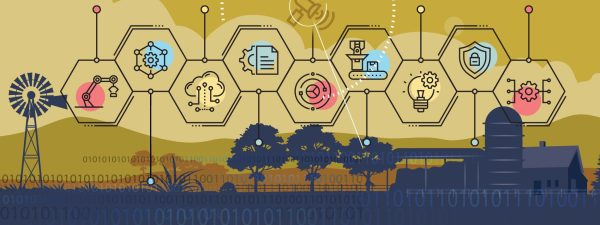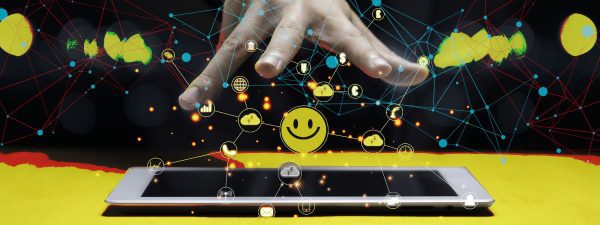Neura, a technology company that uses Artificial Intelligence (AI) to let companies adapt to users at precise, meaningful moments across Internet of Things (IoT) devices and mobile apps, announced Thursday its first Smart Home solution.
Neura’s AI technology integrates with smart home devices and apps to give each person intuitive, intelligent experiences in their smart homes. This solution allows apps and IoT devices to adapt and learn about each person in the home, accurately predicting behavior and growing smarter over time. Neura’s AI engine personalizes smart home connected devices while safeguarding individual data and privacy.
Neura enables smart home devices – from Amazon Echo, Nest thermostat, Hue Lights, Ring smart doorbell, refrigerators and more – to better meet the needs of individual users by making their smart homes more predictive with the integration of true AI.
Neura’s AI engine integrates with data coming from different smart devices and then learns from it to then make recommendations that match the individual’s lifestyle, behavior and what is happening at that moment.
Neura uses AI to enable companies to reach their customers at precise, meaningful moments across mobile apps and Internet of Things (IoT) devices. Neura’s AI engine integrates with more than 80 connected devices to ensure situational awareness for each individual consumer, and offers a library of API calls designed to provide customized, highly relevant engagement. The Neura solution offers a better way to personalize consumers’ app experiences and utilize the full potential of the connected environment, while ensuring sensitive data remains safe and secure.
Neura’s solution transforms raw sensor data from the consumers’ phones and connected devices into a pattern of behavior/behavioral profile that is meaningful to individuals.
For instance, Neura-enabled home security system knows to arm without motion detection when the family falls asleep and with motion detection when the family is at work and school. It then builds a profile of each individual, which is where the magic happens. Now it can predict the experience that matches the user’s specific needs in that given moment.
For example, if a user switches from a programmed or app-activated thermostat to an AI-enhanced thermostat, the Neura-enhanced thermostat ‘knows’ specific family members are on their way home, and it turns on the heat or air conditioning, or when to adjust at bedtime.
If everyone leaves the house, AI-enhanced lighting knows not to turn on the lights, or if all the household’s occupants drive off to work, an AI-enhanced lock knows everyone is out of the house and to lock the doors in that specific moment.
“AI in the Smart Home is not some future technology; it’s a ‘here and now’ technology,” said Neura co-founder and head of product, Ori Shaashua. “As Smart Homes begin to take hold, the time is now for companies to implement technology that leapfrogs to AI-enhanced IoT devices and creates a truly ‘intelligent home.’ Intelligent AI in a smart home device is the ultimate matchmaker. AI-fueled personalization helps to anticipate a consumer’s preferences and then matches the action to them. Finally, the consumer’s moments and their lifestyle are in total sync with their smart home instead of at odds with it.”
Connected devices are becoming omnipresent in every nook of the home – home intelligence, energy efficiency, entertainment, wellness, access control, home safety, home comfort, daily tasks, and connectivity. Analysts at Gartner predict that by 2020 there will be more than 20 billion IoT enabled devices, while IDC analyst Vernon Turner predicts that there will be 80 billion devices connected to the internet by 2025.
Consumers are adopting smart devices like never before: a prime example is Amazon Echo, which has sold more than five million hands-free, smart speakers in only its first two years of availability.
“Neura brings AI to a new level by giving smart connected devices the ability to understand and learn about each person in the home and adapt to their lifestyle, anticipating what they will prefer their products to do in a specific moment,” said Dekui Zhang, executive director, Lenovo Smart Device Development. “Neura represents a natural next step in the evolution of the Smart Home sector as AI becomes more and more integrated into our connected devices and daily lives.”
Neura’s AI for the Smart Home solution leverages its AI engine and machine learning capabilities, which are accessed via its APIs.




